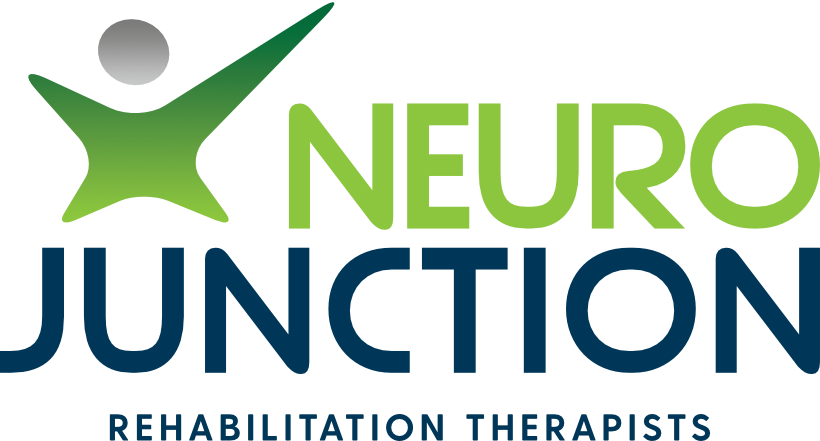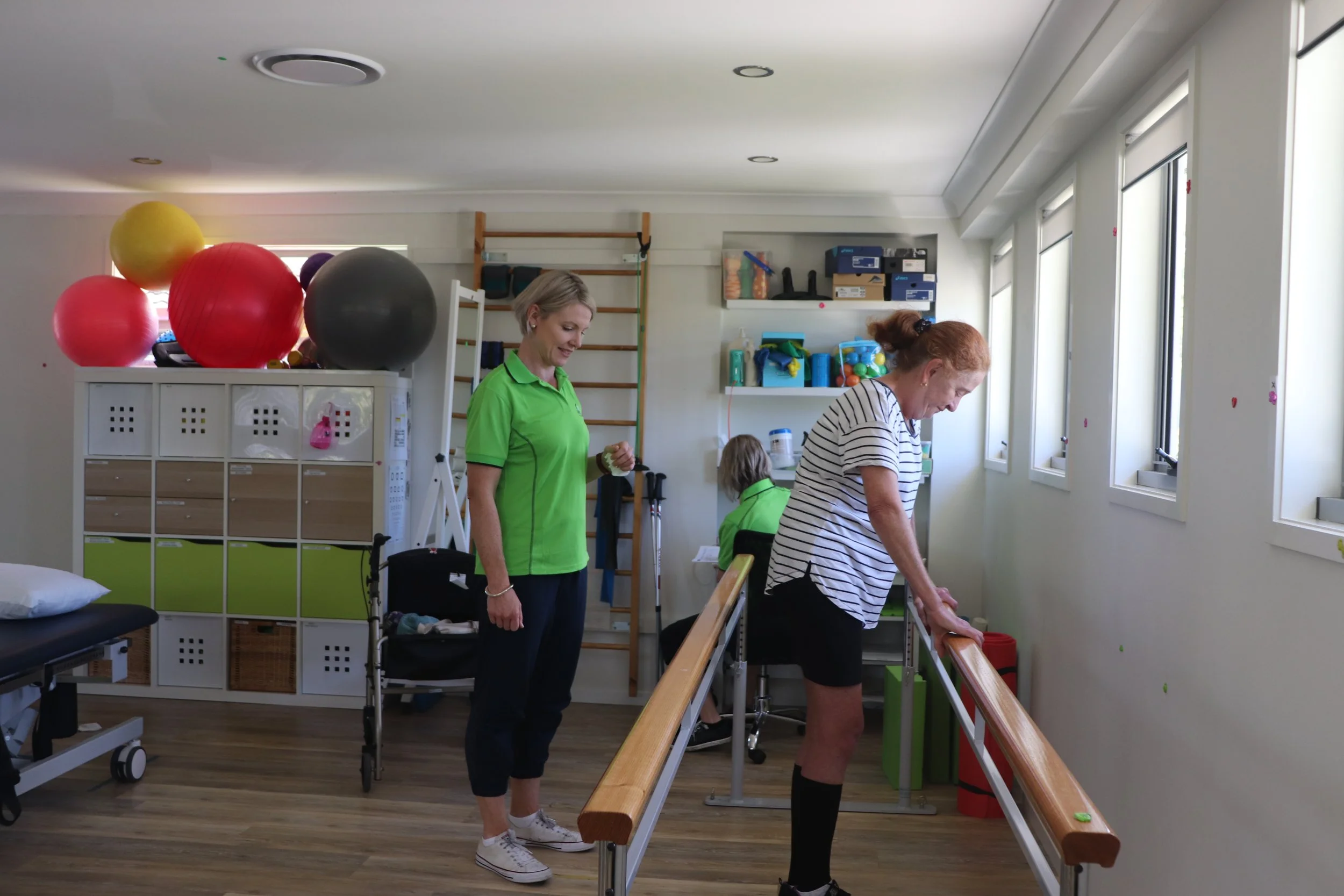Falls in the Neurological Population
How to Prevent Falls in the Neurological Population
Fall PREvention
For the Neurologically Impaired Population falls and falls prevention is complex. Due to a combination of physiological impairments, falls risk and rate is high amongst the neurological population.
The Stroke population has a falls risk and rate which is 55-73% higher compared to general population. It has been noted that most falls occur in the first month after stroke. To reduced risk of falls, exercise program amongst the stroke population needs to include:
Balance focused exercises
Gait re-training
Strengthen exercise program
Falls risk amongst the Parkinson’s Disease population rates average at 60.5% higher than the general public. Parkinson’s disease has two primary risk factors for falls which include poor balance and reduced mobility. To reduce these risk factors of falling, exercise-base is best when:
Guided exercise is practiced early in the disease
Appropriate levels of supervision are recommended, especially in more advanced stages of the condition
Multiple Sclerosis (MS) population have approximately 56% higher falls risk. Physiological impairments that contribute to MS falls risk include gaze instability (impaired eye movements), reduced strength and reduced dynamic balance. To assist with the physiological impairments commonly seen amongst the MS population.
Targeted multifactorial exercises including specific balance training can be helpful
Vestibular rehabilitation for those with reduced gaze stability can be incorporated into the program
Treatment options to reduce falls risk and the contributing factors may include:
An exercise program in a group, individual or home-based setting with Physiotherapist
A medication review with your General Practitioner
An environmental/home assessment and modification with an Occupational Therapist.
A Physiotherapist and Occupational Therapist can help identify high-risk behavioural traits and safe practice with you.
Prescription of a mobility aides by a Physiotherapist or Occupational Therapist can assist to promote independence and safe mobility.
At Neuro Junction we offer in-clinic appointments and home visits for treatment appointments to allow you to rebuild confidence in your home, work, and community.



